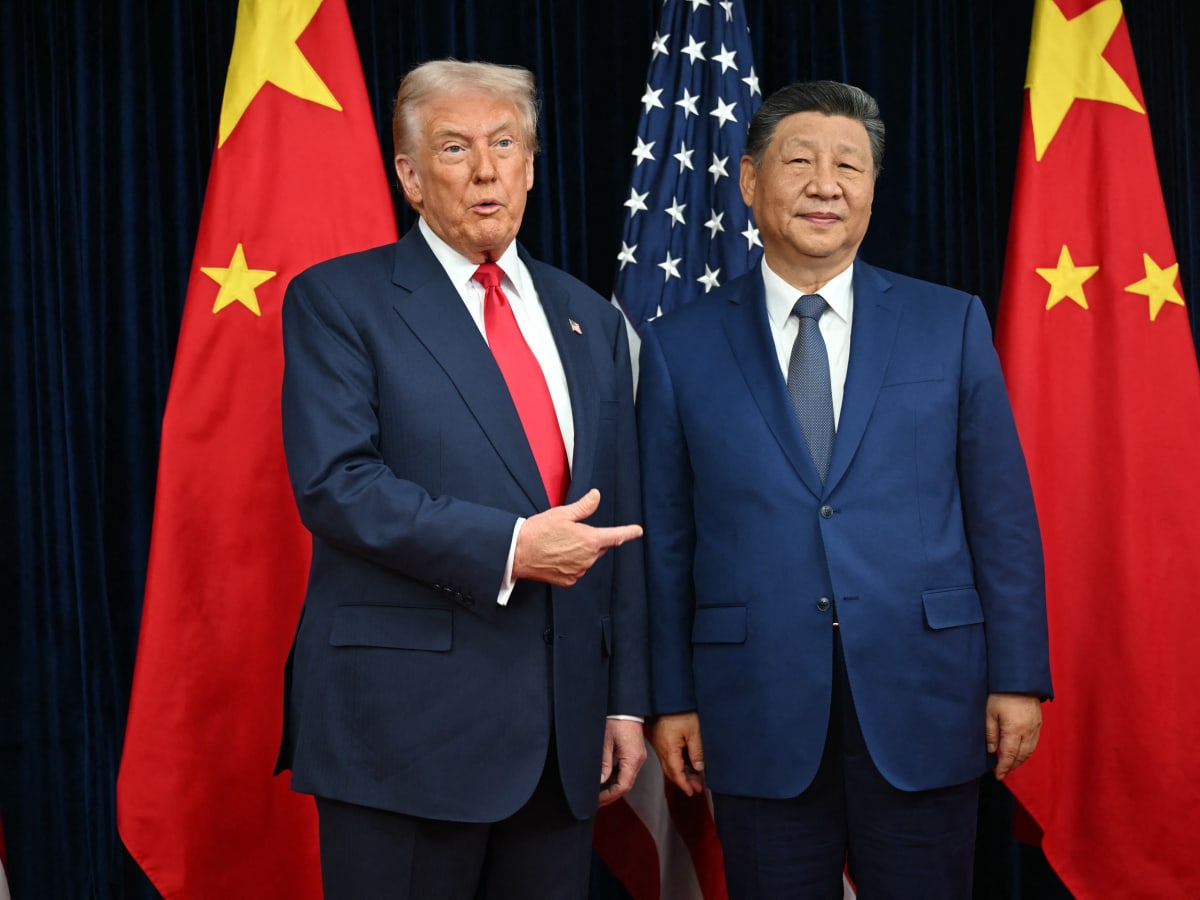A new cyber scandal is brewing between the world’s two biggest powers. China has accused the United States government of orchestrating a massive state-level hack that allegedly stole 127,000 Bitcoin—worth roughly $13 billion—from a Chinese cryptocurrency mining pool.
If confirmed, it would represent one of the largest digital asset seizures in history and a major escalation in the ongoing geopolitical rivalry between Washington and Beijing.
China’s Bombshell Report
The accusation came from China’s National Computer Virus Emergency Response Center (NCVERC), which released a report claiming that U.S. agencies were behind the 2020 cyberattack on LuBian, a major Chinese Bitcoin mining pool.
According to the report, the Bitcoin—valued at around $3.5 billion at the time—was stolen in December 2020 and remained untouched for nearly four years. The NCVERC argues that this long period of dormancy, combined with the complexity of the operation, suggests “state-level sophistication” rather than the work of typical cybercriminals.
“The behavior of the attackers and their ability to remain undetected for years points to an organized government operation,” the Chinese agency said in its statement.
US Denies Involvement, Calls Seizure Lawful
The U.S. Department of Justice (DOJ), however, strongly denied the accusation, saying the seized Bitcoin was part of a criminal asset forfeiture, not a hack carried out by U.S. intelligence or law enforcement.
In October 2025, the DOJ announced that it had seized the Bitcoin as part of a case against Chen Zhi, a Cambodian-Chinese billionaire and head of Prince Group. Chen was charged with running a vast crypto fraud and forced labor network, which investigators say laundered billions in illegal proceeds through digital assets.
According to U.S. officials, the Bitcoin linked to Chen was lawfully seized after extensive tracing and court-approved forfeiture procedures. The DOJ has explicitly rejected China’s “state-level hack” claims, calling them “false and politically motivated.”
The Mystery of the Dormant Bitcoin
What makes the case unusual is the four-year silence of the hacked wallets. Blockchain analysts note that the stolen Bitcoin sat untouched from late 2020 until mid-2024, when transactions suddenly resumed—eventually landing in wallets that the DOJ confirmed were under its control.
China argues this inactivity supports its claim that the hack was not financially motivated. Normally, cybercriminals would cash out quickly or launder funds to avoid detection. The Chinese report states that such patience and operational security point toward government-level coordination.
Adding to the intrigue, on-chain messages believed to come from Chen Zhi were discovered, showing him pleading with the hackers to return the stolen Bitcoin and even offering a ransom—messages that went unanswered.
A Growing Geopolitical Flashpoint
This controversy comes at a tense time for US-China relations. In recent months, former U.S. President Donald Trump boasted that the United States is “far ahead of China in crypto adoption,” positioning digital assets as a new frontier in global competition.
On-chain data indicates that the seized Bitcoin now represents roughly 39 percent of all BTC held by the U.S. government, giving the case major financial and political implications.
Chinese media have framed the incident as part of a broader pattern of “Western digital dominance”, while American officials accuse Beijing of weaponizing cyber narratives for political leverage.
Analysts Warn of a “Crypto Cold War”
Experts say the allegations could mark the beginning of what some are calling a “crypto cold war”—a new front in the U.S.–China rivalry where blockchain, cybersecurity, and digital currency control become tools of power and influence.
“Bitcoin has become more than a financial asset—it’s now a geopolitical weapon,” said one analyst at the Singapore Institute for Strategic Crypto Studies. “If these accusations escalate, it could reshape how nations handle blockchain transparency and cross-border crypto regulation.”











